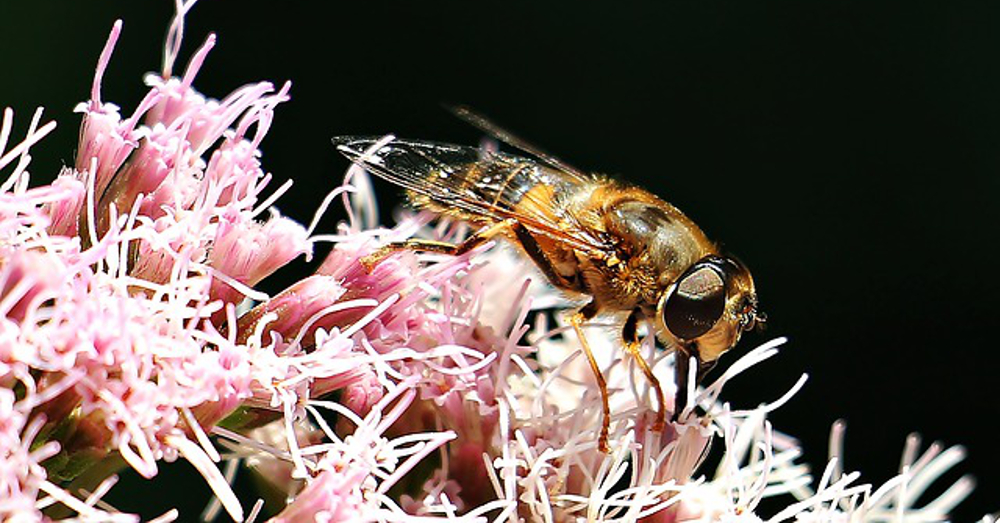
Bee Pesticide Ban Debate Could Arise in Next Farm Bill
Rep. Earl Blumenauer (D-Ore.) wants to include a ban on pesticides linked to declining bee health in next year’s farm bill, one of several initiatives he is pushing in the legislation to reauthorize agriculture and nutrition programs.
July 27, 2017 | Source: Bloomberg News | by Tiffany Stecker
Rep. Earl Blumenauer (D-Ore.) wants to include a ban on pesticides linked to declining bee health in next year’s farm bill, one of several initiatives he is pushing in the legislation to reauthorize agriculture and nutrition programs.
Thirty-one Democrats are backing a bill—the Saving America’s Pollinators Act of 2017 ( H.R. 3040)—that would suspend the approval of neonicotinoid pesticides, common insect-killers that are said to harm honeybees, aquatic insects, birds, and other insects and animals. H.R. 3040 would ban imidacloprid, clothianidin, thiamethoxam, dinotefuran, and any other neonicotinoids until the Environmental Protection Agency can determine that the pesticides won’t harm pollinators, based on peer-reviewed studies.
Blumenauer, one of the bill’s sponsors, told Bloomberg BNA he hopes the bill “will be folded into part of a larger initiative” like the next farm bill. Blumenauer is set to release a report next week outlining several measures to support small farmers, local food systems, and sustainability.
Blumenauer and Rep. John Conyers (D-Mich.) introduced a similar pollinator bill in the last two Congresses, but neither received a hearing in the House Agriculture Committee.
Agriculture Chairman Michael Conaway (R-Texas) told Bloomberg BNA that he would be open to hearing Democrats’ case for the bill.
“That will be a part of the conversation,” he said. “We need a lot more evidence on what’s causing [bee declines], but I’m willing to talk to my Democratic colleagues on this issue because it’s important to all of us. If it’s important to them, I’ll absolutely talk to them about it.”
Tennessee Rep. John Duncan and former Wisconsin Rep. Thomas Petri were the only Republicans to cosponsor the bill in the 113th and 114th Congresses.
The 2014 farm bill is set to expire next year, and lawmakers and advocates are beginning to plan which provisions will be included in the next version. That legislative package will authorize funds for agricultural commodity payments, food assistance for the poor, land conservation, and other programs. The current farm bill costs $457 billion over its five-year life span, according to the Congressional Budget Office.
